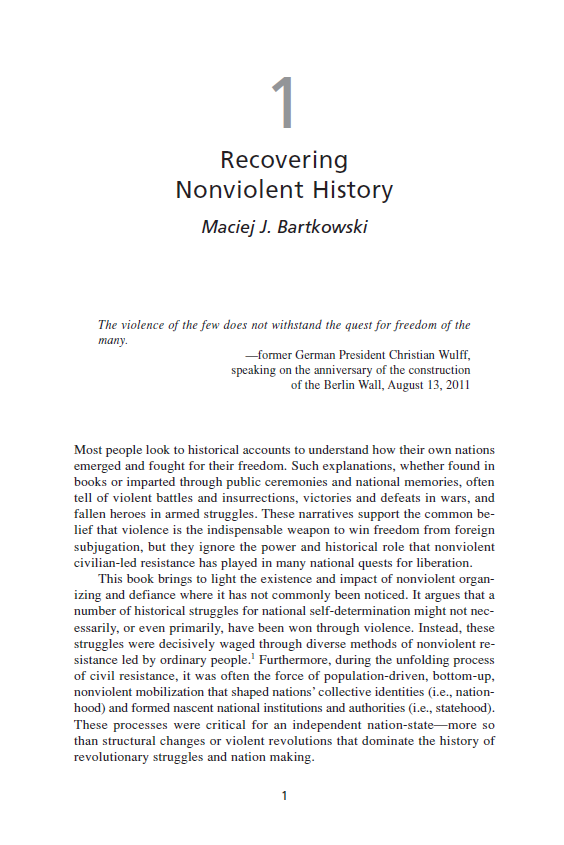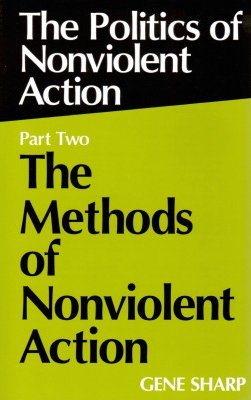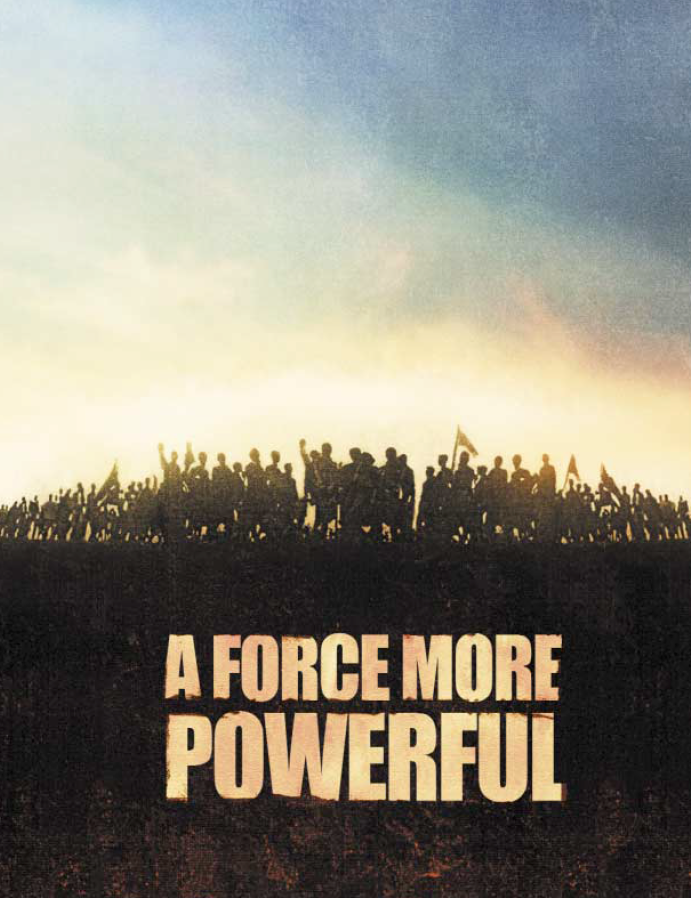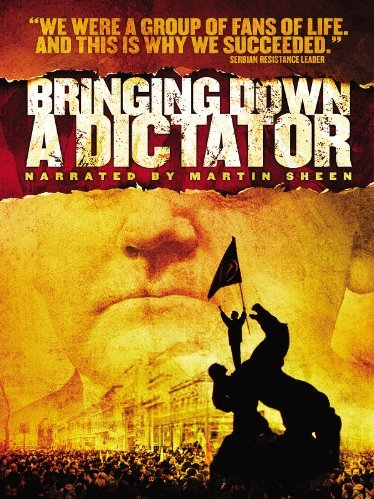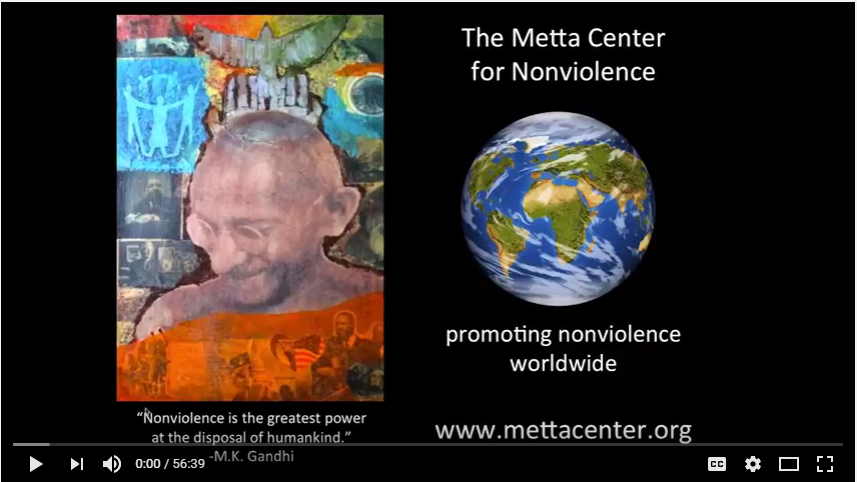
Nonviolent Action and the “New Story”: Completing the Circle for an Unstoppable Movement
We are in the throes of a “paradigm shift” from an “old story” of materialism and separateness, in which competition and violence are inevitable, to a “new story” drawing on both new scientific understandings and ancient wisdom traditions that value nonviolence. In this new story, we can see again that we are deeply connected to one another and the natural world, and that the kind of nonviolent and just society Martin Luther King called the “Beloved Community” is not just desirable, but possible. This growing view, promoted by thought leaders like Thomas Berry and Joanna Macy, encourages a “Great Turning” in how we see and engage the world, and it does so at a level deeper than just rational argument. It aims, as Gandhi said, to “move the heart also.”
At the same time, nonviolent action and civil resistance are spreading rapidly around the world and new strategies with innovative tactics, newly empowered communities, new institutions, and new victories for justice, freedom, and rights are being won in ways that the old story would say is impossible.
In this webinar, we will discuss why the times are propitious for a vital change in the cultural stories we tell ourselves and will explore the role of nonviolent action in both completing the story and getting it accepted.
This connection is too often neglected. Currently, the social theorists working on the new story know little about nonviolent social change movements. Many nonviolent movement organizers and theorists do not pay much attention to either the new story or the underlying cultural assumptions that support or hinder movements for social change. What could be accomplished if both efforts realized their overlap and connection to each other? We are ready for a breakthrough!
Presented by Professor Michael Nagler, founder and president of The Metta Center for Nonviolence. He also serves as the co-host of Nonviolence Radio, which airs every other Friday on KWMR FM radio, which you can subscribe to via iTunes or Stitcher. In addition, Nagler is editor of Daily Metta, a daily reflection on Gandhi’s words which you can find at this link. He is also the author of The Search for a Nonviolent Future and The Nonviolence Handbook, among other works.
International Center on Nonviolent Conflict
ICNC Webinar, June 22, 2017

